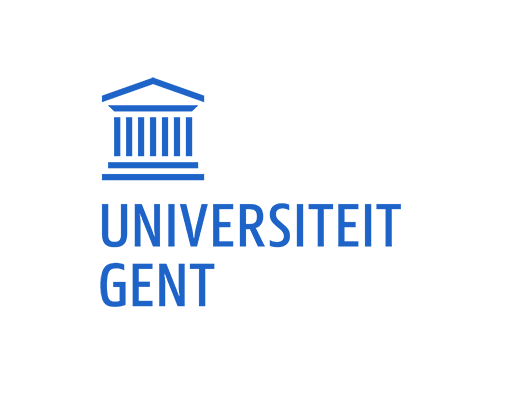International Thematic Network SEDwise 'Sustainability Education'

‘Sustainability Education – Teaching and learning in the face of wicked socio-ecological problems’
SEDwise is an International Thematic Network (ITN) established in 2016 in the context of Ghent University’s internationalisation policy. The aim of the network is to provide research-driven capacity-building on integrating sustainability in (university) education. Addressing sustainability issues in education is a challenging endeavour. Often characterised as ‘wicked problems’, these issues bring about major pedagogical challenges. Further research and capacity-building is required to support (university) teachers. SEDwise is established to contribute to that by enabling fruitful cross-fertilisation between research, education and services to society.
In the past 5 years, the SEDwise network developed a broad range of activities such as pilot experiments aimed at integrating sustainability in university education in various fields, action research in which the educational pilot experiments are investigated as cases, research seminars for in-depth discussions about the pilot cases and theoretical issues, workshops on sustainability in university education, in-service training, summer schools about (education and) sustainability issues, presentations at international conferences, joint project applications for research projects, etc. Read more about these activities in the news articles below or download the overview of SEDwise activities 2016-2020.
SEDwise has brought together university teachers within UGent who are strongly engaged in integrating sustainability in their educational activities with a selected group of ESE researchers in international partner institutions. Through the thus created interdisciplinary network, Ghent University serves as a 'living lab' where innovative experiments with sustainability education are co-created and turned into case studies for ESE researchers who act as ‘critical friends’.


